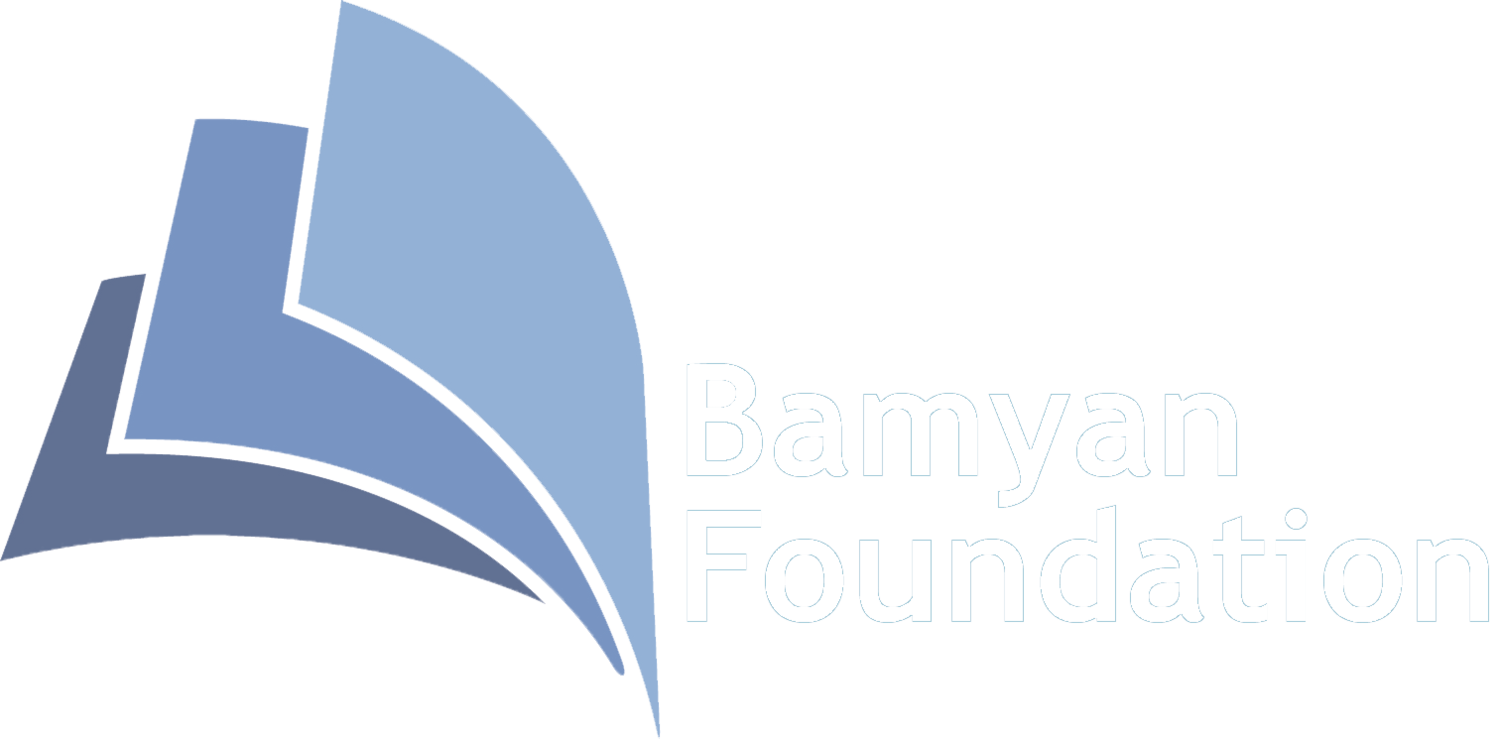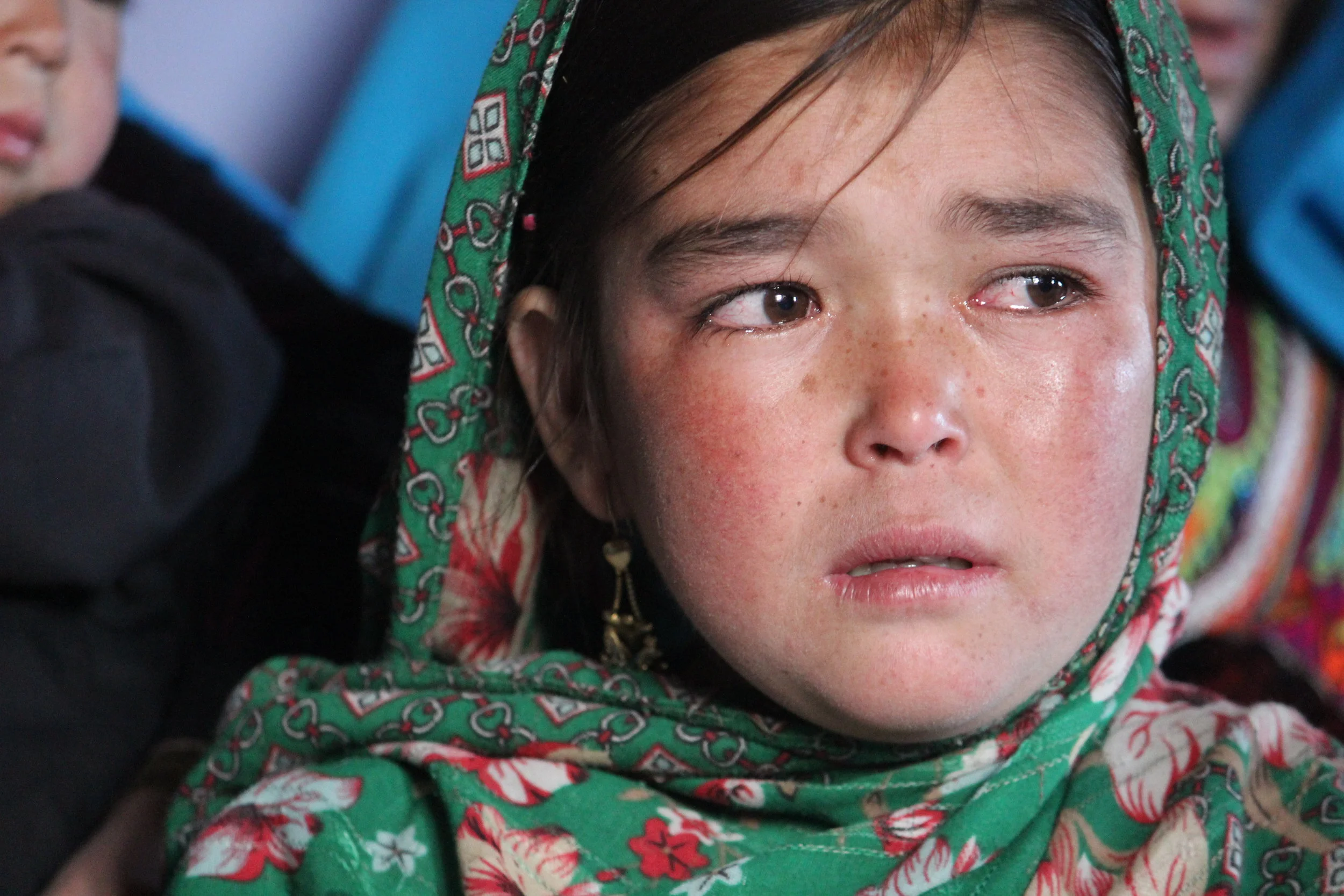SUMMARY:
To address the ongoing humanitarian crisis due to the collapse of the Afghan government coupled with the targeted genocidal attacks on educational centers, places of worship and other civilian targets in the Hazara communities in Afghanistan, we have established the Bamyan Humanitarian Assistance Initiative. Through this initiative, we will provide humanitarian aid assistance to the victims of terrorist attacks, help the schools mitigate potential attacks, rebuild and replenish their books and classroom supplies. We have expanded the project to help the Internally Displaced Persons (IDPs) due to Taliban takeover of Afghanistan and refugees fleeing the country. Afghan women in general are more vulnerable in Taliban controlled Afghanistan, and Hazara women, in particular, are at a higher risk as they have two major strikes against them: being a woman and being a Hazara.
Recent months have seen an increase in genocidal attacks against Hazaras paralleled by Taliban takeover causing tens of thousands to flee their homes. Attacks on Hazara educational centers and places of worship have left hundreds of people dead and injured, including the attack on Sayed Ul-Shuhada girls school that killed more than 85 girls, the attack on the Hazara mosque in Kunduz that killed more than 150, the twin attacks on Abdul Rahim Shahid high school and Mumtaz Academy that killed 25, and the multiple attacks during the month of Muharram that left 120 dead and injured. There is a humanitarian crisis ongoing in Afghanistan, and Hazaras are being cumulatively punished and sidelined from the humanitarian aid due to stigmatization on the basis of race, religion and the community’s support for peace and moderate norms in the past 20 years.
What Bamyan Foundation is doing:
The Foundation in collaboration with grassroots organizations, Baba Mazari Foundation, and community leaders on the ground will provide cash assistance to the victims and their families, scholarships to the affected students, and funding to targeted schools to help them resume operations. In addition, this initiative will provide cash assistance to the internally displaced people and refugees in neighboring countries, particularly women who are among the most vulnerable.
This initiative will address the urgent needs of Hazaras, who are directly targeted by the Taliban and IS-K on the basis of their race and religion, and sidelined from the ongoing humanitarian aid by major aid organizations. At a time of increasing instability and uncertainty, this project will help the at-risk youth, particularly girls, to have access to education, vulnerable families, and that internally displaced people and at-risk women have access to basic necessities to support their survival and resilience.
For more information on the genocidal attacks the terrorist groups, and a brief history of ethnic dynamics in Afghanistan, please scroll down:
BACKGROUND & CHALLENGES:
The Taliban and IS-K (also known as ISKP) terrorist groups routinely harass and target members of the Hazara ethnic group due to the Hazaras adopting peaceful norms and democratic values that is contrary to the strict Sharia law that the Taliban is violently trying to enforce. The conflict has further unresolved ethnic and sectarian dispute over land and territory that dates back to a genocidal war (1888-1893) waged on the Hazaras by the then Pashtun King Amir Abdul Rahman during which about 60% of the Hazaras were exterminated, their lands confiscated and distributed to Pashtun nomads (Kochis). This was part of Abdul Rahman’s plan to continue subjugation of the Hazaras as the Kochis return violently every year to the Hazara areas and clash with local Hazaras over pastures and grazing rights. Many Hazaras (men, women and children) were enslaved following the genocidal war, and despite the abolishment of slavery by King Amanullah in 1923, continuous state sponsored discrimination and persecution of the Hazaras continued to modern times by successive Pashtun regimes in Kabul, including the Taliban.
Though formal discussions around race/ethnicity are ostensibly frowned upon among Afghans, ethnic relations in Afghanistan have continuously been fragile. Due to endemic racism and negative stereotypes combined with the rise militant Sunni and Salafi/Wahabi extremists in Afghanistan in the past 40 years, the Hazaras have increasing become a target of hate crime on the basis of ethnicity/race and victims of terrorism on the basis of religion (Hazaras are predominately Shiites in a majority Sunni country).
The terrorist attacks have been mainly in the form of suicide bombings in urban areas; and raids, looting, plunder and hostage taking in rural areas. Even the passengers traveling on the roads are not safe - they are profiled, harassed, taken hostage and at times killed. The victims have been men, women and even children.
For example, the following attacks targeted Shi’a Hazaras just in Dasht-e-Barchi, a densely populated and underdeveloped area in West of Kabul. In October 2017, an attack at a mosque killed 30 people. In August 2018, an attack on a school killed 48 students. In September 2018, a twin bombing at a wrestling club killed 20. In March 2019, a rocket attack during the commemoration of Hazara leader Abdul Ali Mazari killed 11 people, and the following year an attack on the same event killed 32 people. In May 2020, gunmen murdered 20 people in the maternity ward of a hospital supported by Médecins Sans Frontières, including 16 mothers and two newborn infants. In October 2020, a suicide attack killed 43 students in Kawsar-e Danesh educational center. On May 08, 2021, multiple car bombing killed at least 85 school children, mostly girls, in front of Sayed Ul Shuhada high school with more than 150 injured.
Outside the capital Kabul and in their home region known as Hazaristan or Hazarajat, in the central region of Afghanistan, Hazaras are encircled by treacherous mountains and hostile neighboring areas due to the increasing influence of the Taliban and radical Islamist militants. The main road that connects Hazara region with the capital Kabul, passes through a Taliban controlled area and has become known as “Death Road” to the Hazaras. Though there has not been an official record of the people killed, more than 120 Hazaras have been kidnapped and killed only since 2012 according to local sources only in an area called Jalriz. Hundreds more have been wounded, tortured and taken as hostages for several months—dozens of whom have gone missing. Abdul Samad Amiri, a young Hazara human rights activist and acting head of Afghanistan Independent Human Rights Commission’s Ghor provincial office was kidnapped on Sep 2, 2019 and was killed two days later. His body was left along the same road.
The insecure area encompasses less than 15 km. The road that also serves as an economic “throat of the Hazara region” has never become secure in the post-2001 era making the Hazara people believe that they are being intentionally left entangled economically, terrorized and under pressure psychologically and constantly being reminded of their precarious situation and vulnerable geographic location.
These attacks and tactics, which deliberately target Hazara places of worship, sports clubs, educational facilities, and other civilian targets in urban areas coupled with looting, kidnapping and killing in rural areas underscore a genocidal intent by their perpetrators. Although the so-called Islamic State-Khorasan Province (ISKP or IS-K) has claimed most of the attacks, many observers point to possible collusion and collaboration between ISKP and sections of the Taliban that espouse a similar sectarian ideology. The Taliban’s history of persecution of the Hazaras in Afghanistan reinforces that fear.
SOLUTION:
For the oversight and implementation of the initiative, Bamyan Foundation has established a steering committee, comprised of experienced volunteers in the non-profit sector, to lead and manage this program. We have partnered with a grassroots organization such as Baba Mazari Foundation (BMF) and community leaders on the ground that will dispatch their local volunteers to the affected areas to carry out an assessment of the humanitarian situation. With the funds raised, we will help the victims of terrorist attacks, rebuild and restore educational institutions, provide scholarships to the children from the affected families, and help the IDPs and refugees with their basic needs, i.e. food, medicine, shelter.
IMPACT:
This initiative will address the needs of one of the most vulnerable populations in the South & Central Asia. Through our grass-root networks (partner organization and locals on the ground), Bamyan Foundation will reach areas and people at a local level, where mainstream non-profits have minimum access. With the funds raised, we will address the immediate needs of those affected by terrorism, IDPs and refugees by providing food, shelter and basic necessities.
Photo credit: Aseef Yousufi





